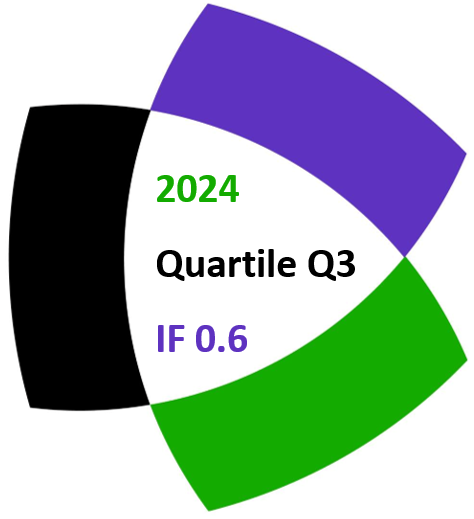S. Arunkumar, V. Kannan and R. Srikanth
Notes on Number Theory and Discrete Mathematics, ISSN 1310–5132
Volume 19, 2013, Number 3, Pages 21–23
Full paper (PDF, 120 Kb)
Details
Authors and affiliations
S. Arunkumar
School of Mechanical Engineering, Sastra University
Thanjavur–613 401, India
V. Kannan
School of Mechanical Engineering, Sastra University
Thanjavur–613 401, India
R. Srikanth ![]()
School of Humanities And Sciences, Sastra University
Thanjavur–613 401, India
Abstract
The Pascal–Fibonacci (PF) numbers for a given Fibonacci number sum to give the values of that Fibonacci number. Individual PF numbers are members of one of the triangular, tetrahedral or pentagonal series or have factors in common with the pyramidal or other geometric series. For composite numbers, partial sums of PF numbers can yield a factor, while prime Fibonacci numbers are detected with sums of squares.
Keywords
- Jacobsthal number
- Fibonacci number
- Twin primes
AMS Classification
- 11B37
References
- Atanassov, K. Short remarks on Jacobsthal numbers. Notes on Number Theory and Discrete Mathematics, Vol. 18, 2012, No. 2, 63–64.
- Atanassov, K. Remark on Jacobsthal numbers. Part 2. Notes on Number Theory and Discrete Mathematics, Vol. 17, 2011, No. 2, 37–39.
- Ribenboim, P. The Theory of Classical Variations, Springer, New York, 1999.
Related papers
Cite this paper
Arunkumar, S., Kannan, V., & R. Srikanth. (2013). Relations on Jacobsthal numbers. Notes on Number Theory and Discrete Mathematics, 19(3), 21-23.


